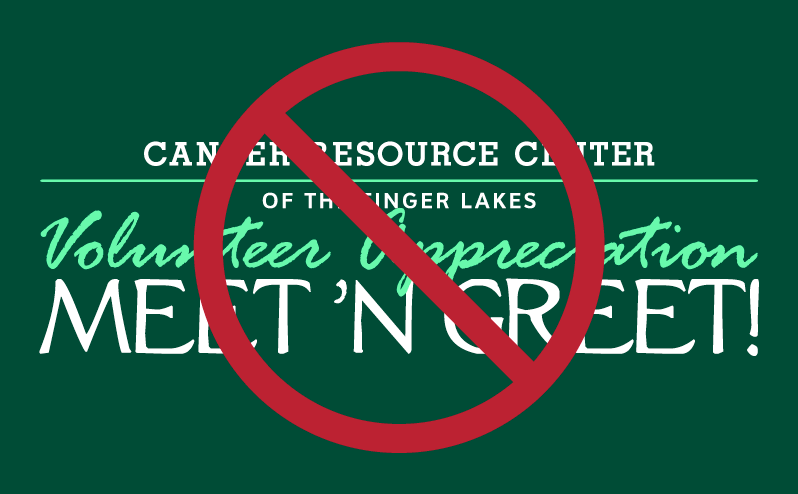I spend much of my time helping seriously ill patients navigate the health care system. As a result, I’m constantly talking with patients about their interactions with doctors and other health professionals.
Although each encounter is unique, I’m increasingly aware of some universal truths that contribute to good patient-doctor encounters. Not surprisingly, good encounters require a shared spirit of respect and communication.
Suggestions for Doctors and Other Health Professionals
- Always introduce yourself to new patients.
- Listen for a while without interrupting. Get the big picture before filling in the details. Focus on the patient and not on the computer screen, especially during the first few minutes of the visit.
- Be kind.
- Remind yourself that patients newly diagnosed with a serious illness are scared. If you deal with sick people every day, it becomes routine. It’s not routine for the new patient.
- Make a special effort to establish communication and a sense of partnership during the initial visit. Subsequent visits will benefit.
- Recognize that medical care is costly for most people, even those with good insurance.
- Make good communication between patients and the entire office staff an on-going priority. Few offices do this really well and every office could do it better.
Suggestions for patients
- Recognize that you are not your doctor’s only patient.
- Respect your doctor’s time. If you have multiple questions, ask the most important questions first.
- Don’t think of your doctor as the enemy. If you don’t like your doctor, get a new one. Everyone will be happier.
- Be open and honest about your medical history and your present concerns.
- Recognize that good health is largely your responsibility. Eat sensibly. Exercise. Don’t smoke.
- Recognize that medicine is not a perfect science. A bad outcome does not mean bad care.
- Be reasonable. And be polite.
Good health care is a partnership. It’s all about communication and respect. And it flows in both directions.
Reprinted with permission of the Ithaca Journal.
Click here for all of Bob’s columns





